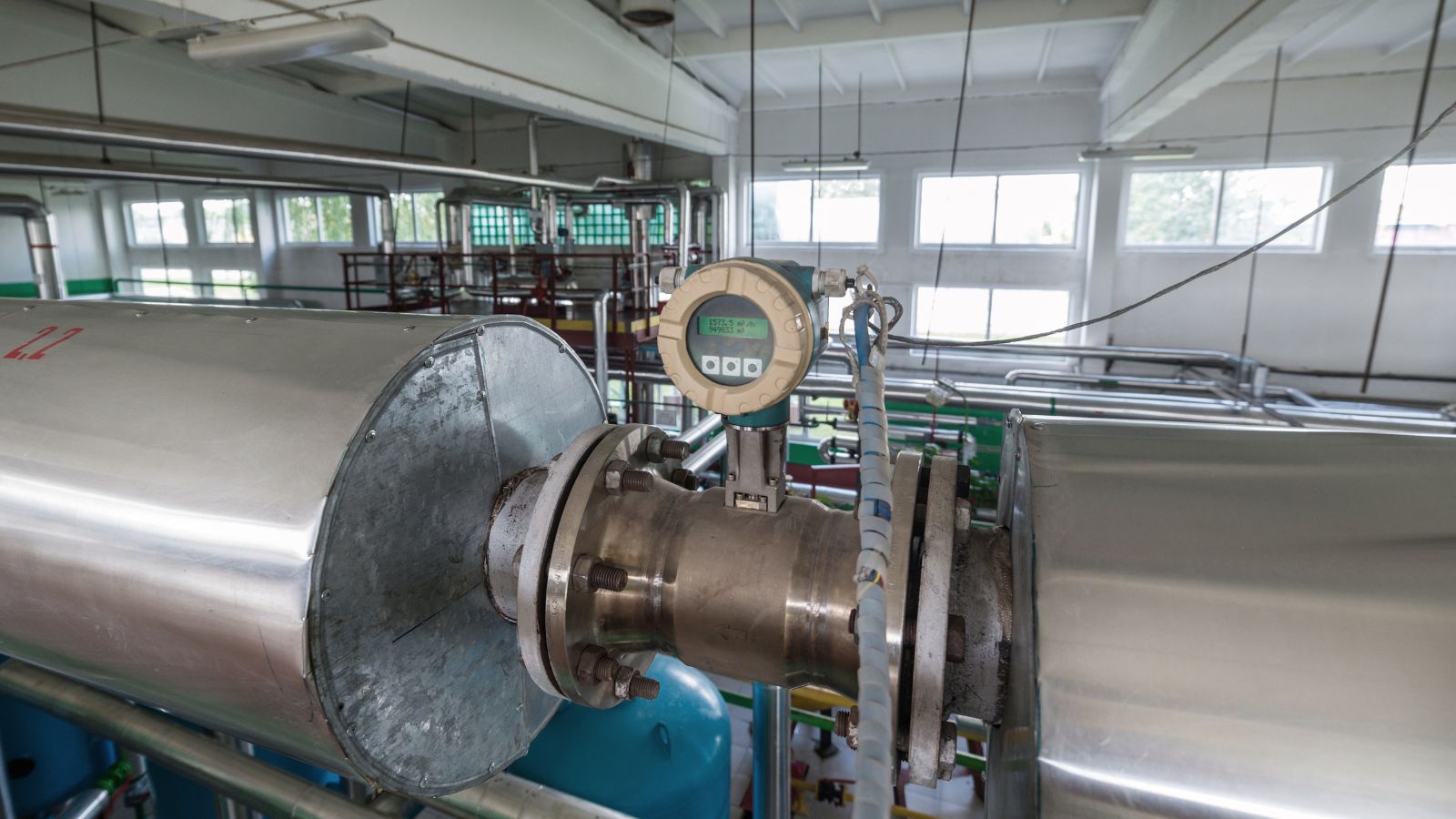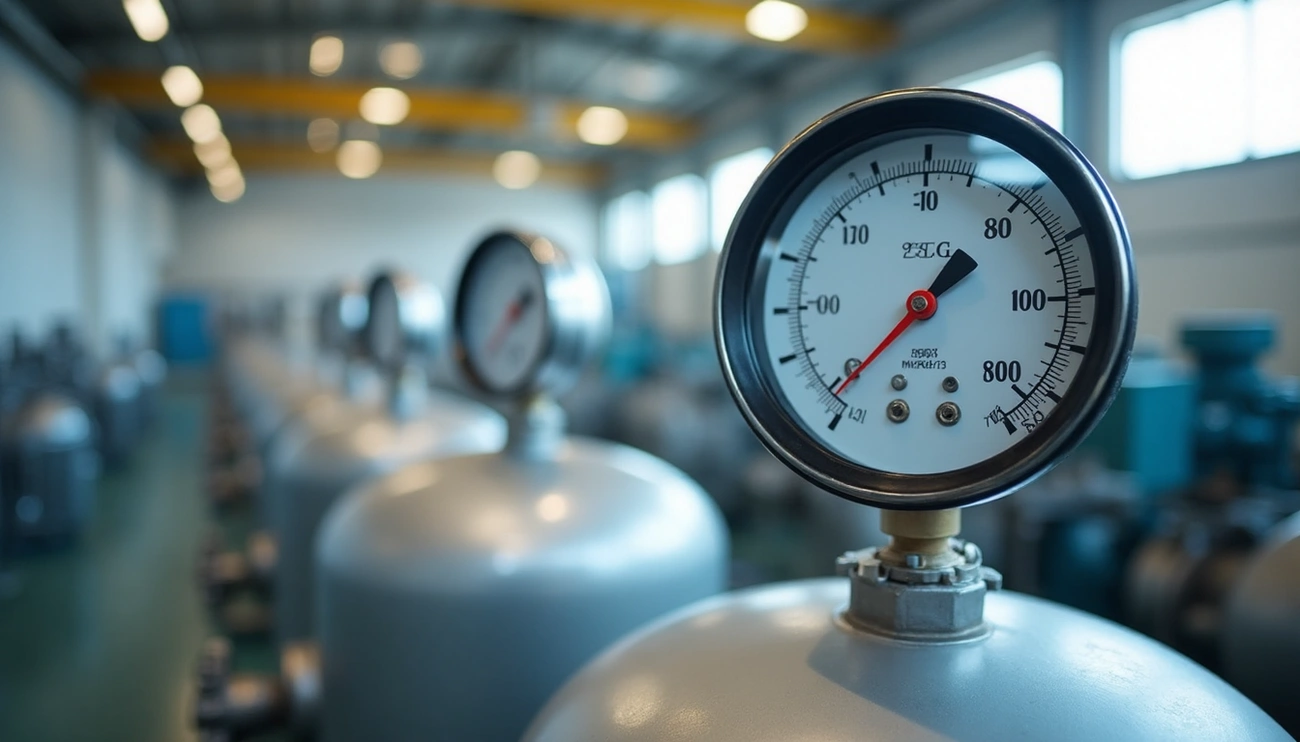What is noise pollution ?
Physically speaking, there are two types of sound: music and noise. A musical sound with a fixed pitch produced by the regular vibration of a sounding object. The sound that causes people to be irritable or the volume is too loud and endangers human health is called noise; the so-called noise pollution means that the noise formed is higher than the specified emission noise standard and interferes with the normal study and work of others. Sound is the human ear’s subjective perception of the vibration of an object. Noise not only affects people’s mood, work and study, but also harms people’s health.
Why is noise pollution difficult to monitor?
1. The main characteristics of noise pollution are: noise pollution is immediate pollution
This feature of timeliness makes it impossible to collect noise pollution. When the vibration sound source is terminated, the sound change quickly disappears, making it extremely difficult to collect evidence.
2. The noise source has the characteristics of dispersive distribution
Noise sources have the characteristics of dispersive distribution, forming a limited range of influence. Noise pollution also reflects the characteristics of spatial and temporal locality, multiplicity, and indirectness.
It does not form contaminants that can be collected, and there will be no long-term accumulation of pollution. It can produce indirect harm, and is slow and non-in addition, to judge whether a sound is noise, not only depends on the loudness of the sound, but also depends on its frequency, continuity and information content, and also with the subjective will of the sound and It is related to the psychological condition of hearing the sound.
What is the impact of noise pollution?
1. Impact on people’s lives
In people’s daily life, they are often disturbed by noise from various aspects, such as car whistle noise, construction noise, mechanical operation noise and shopping mall noise, etc. These noises will not only affect the normal life of human beings, but also It will also cause great harm to human physical and mental health.
2. Impact on the economy
Noise pollution is an important factor that inhibits economic development, because noise will cause depression and irritability of workers in various industries, which will lead to lower work efficiency, and ultimately affect the economic benefits and income of enterprises. The noise pollution in the area is serious, or the noise prevention ability of the building itself is not strong, so most people are reluctant to buy or lease these buildings, resulting in the depreciation of real estate.
3. Effects on animals
Nowadays, many people like to keep some small pets, and even treat pets as their own family members, so the health of pets is also an issue that people are very concerned about. In the past, people only paid attention to the impact of noise on humans, but ignored the impact of noise on animals. According to relevant researches, noise pollution will affect the emotions of animals to a certain extent, especially the loud noise will seriously affect the living habits of animals, and it is easy to cause hair loss, decreased fertility and even death of animals.
in conclusion
To sum up, high-intensity environmental noise pollution seriously harms people’s bodies, makes people feel fatigued, produces negative emotions, and even causes diseases, which has an important impact on people’s living environment. Therefore, monitoring and control strategies for environmental noise pollution Analysis is important.




